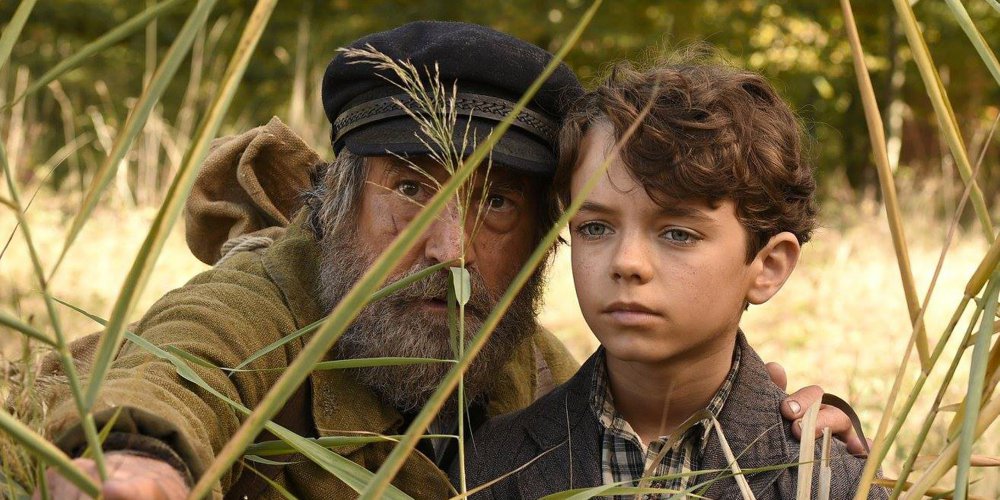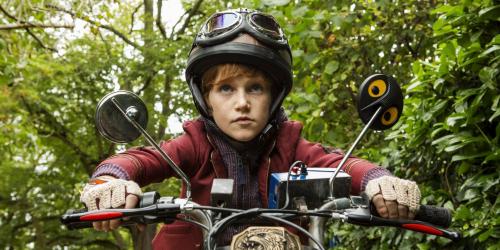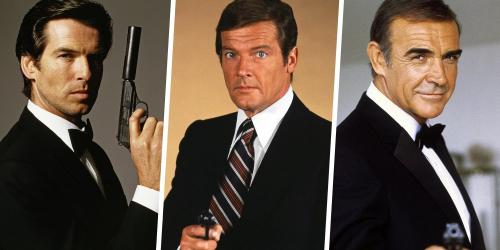Désirée de Lamarzelle: You play Totoche , a very endearing woodsman. This film tells a little about you about this desire to get rid of everything and find in nature what to support our needs. You agree ?
François Cluzet: It is true all the more because this poacher takes in nature only what he needs. Nicolas Vanier told me that today there are 11 million tons of spoiled food. Beyond finding in nature what to provide, there is an incredible respect and recognition for what it offers us. When filming when I have to take a rabbit (dead) to put it behind my jacket, Nicolas said to me this sentence which has me much more: "Caress it, it is the recognition that you owe him because that he will feed you. "
This film makes us discover the campaign of the thirties, and without falling into the moralizing discourse of "it was better before" it reminds us that the happiness of nature is at hand and that we must not spoil it.
You are right, nature has been exploited, industrialized to excess at times. I believe that the film, without being militant, shows how essential it is. In Sologne, which is a poor countryside with a clayey soil where nothing grows, nature has been rich in diversity for millennia. The fauna needs clearings, ponds and there is a perfect harmony between animals and nature.
With the heart of this landscape, a growing friendship between the little Parisian and this gruff man!
It is a story of transmission, of initiation into the secrets of nature. The film is not melancholic even though it shows nature as it was at that time.
Myself, who comes from a family of peasants, I went small in this kind of farm. I saw how they lived, and I knew that nature was the same as my father's and my grandfather's.
After a 10-hour journey to DS to go down to the south of Toulouse, we had the meal, it was warm and it lingered on, with the grandfather falling asleep on the table and the uncle coming down in the river with us fetching the trout in the holes. We ate them afterwards. He taught us how to fish for crayfish but also not to take everything. One day we came back with a full seal and he said "we will not eat all that, we must not take all".
On the set, it seems that it was necessary to silence the geese who gave voice to the great displeasure of the engineers of the sound?
We were disciplined because the animals passed first: we can not ask a deer to re-make the catch. We had wild beasts as well as domestic beasts, but it is a very pleasant constraint for an actor. I need to be surprised. For example if I have a pebble in my shoe during a love scene, the "foot pain" will make the scene even more intense because I will have to forget this constraint.
Is that why you do this job?
Yes, to be surprised. I shot almost a hundred films because I met actors, directors, team members who are brilliant and always made me want to continue. For example Nicolas Vanier, he's a guy you can not let go of, he's a UFO. In nature he knows absolutely all the trees. It is wonderful to have a guide like him who communicates this feeling of humility to the elements.
How long do we keep the benefit of a shoot like this?
I believe that the actors are a kind of thousand-leaf of "profits". There are also bad experiences, not that we forget them - I forget nothing - but I was lucky. Most of the time I got enriched by the teams.
Does the little hut that serves as a refuge for your character still exist?
During a presentation of the film in Chamborg, I met a woman who told me that she had bought her to move her to the town where she lived. This reminds the freedom of the character who drops the moorings and goes elsewhere.


